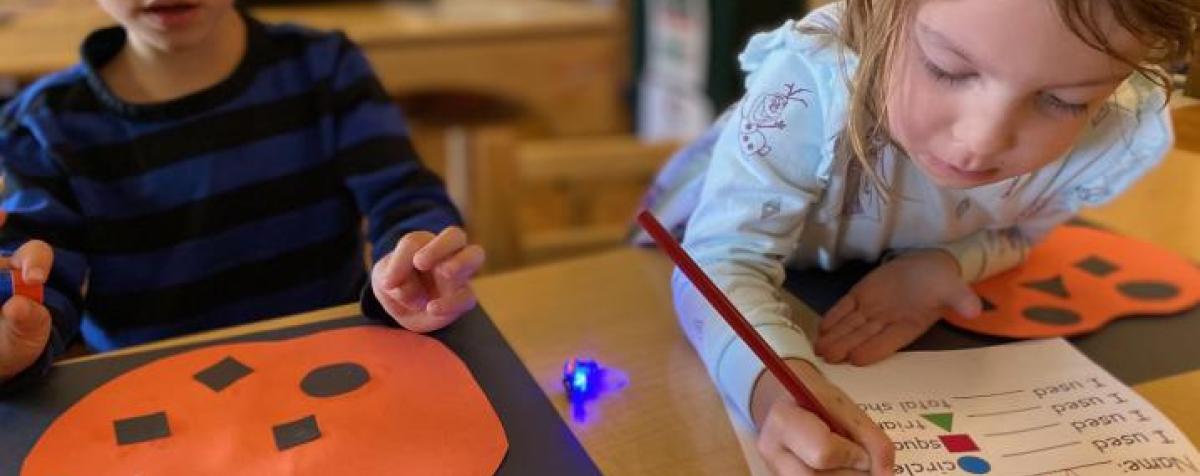Inclusion
Special Education
Fisher is proud to provide an early childhood program where children with special needs can learn and grow alongside their typically developing peers. Our program's inclusive practices are respected throughout the community and are an element of our program that contributes to the high-quality work we do. The collaborative efforts of the administration, teachers and Fisher Inclusion Team (FIT) result in an environment in which children with identified special needs, as well as children at risk for developmental delay and/or with challenging behaviors, receive targeted support and strategies to help them reach their full potential. All children benefit from the opportunity to participate in an inclusive educational program. At Fisher we believe in and promote inclusion and welcome families to address our program staff with any questions regarding our inclusive practices.
We refer to the Council for Exceptional Children, Division of Early Childhood’s (DEC) Recommended Practices (https://www.dec-sped.org/dec-recommended-practices) to guide our programming, decision making, family partnering and instructional practices for children with diverse needs.
JEDI (Justice, Equity, Diversity, Inclusion)
Additionally, inclusion is one of our JEDI principles. Therefore, we reference the Anti-Bias Education published by NAEYC to guide us in developmentally appropriate practice on inclusion principles for young children (https://www.naeyc.org/resources/topics/anti-bias).
Anti-Bias Education
The four core goals of Anti-Bias Education support the following:
- children’s development of a confident sense of identity without needing to feel superior to others;
- an ease with human diversity;
- a sense of fairness and justice;
- and the ability to stand up activism for themselves or others (the skills of empowerment).
(Derman-Sparks, Louise, et al. Anti-Bias Education for Young Children & Ourselves. National Association for the Education of Young Children, 2020).
As always, teachers focus on a child’s current cognitive and social-emotional development to scaffold concepts and ideas around identity, diversity, justice and activism.



